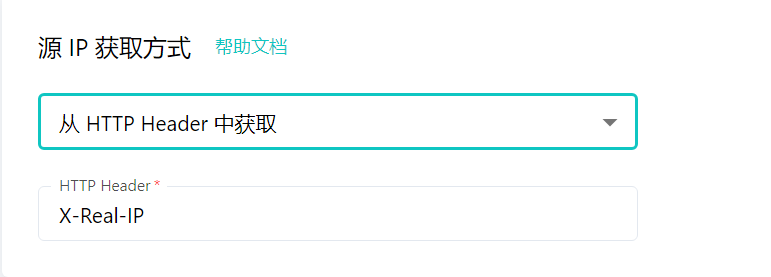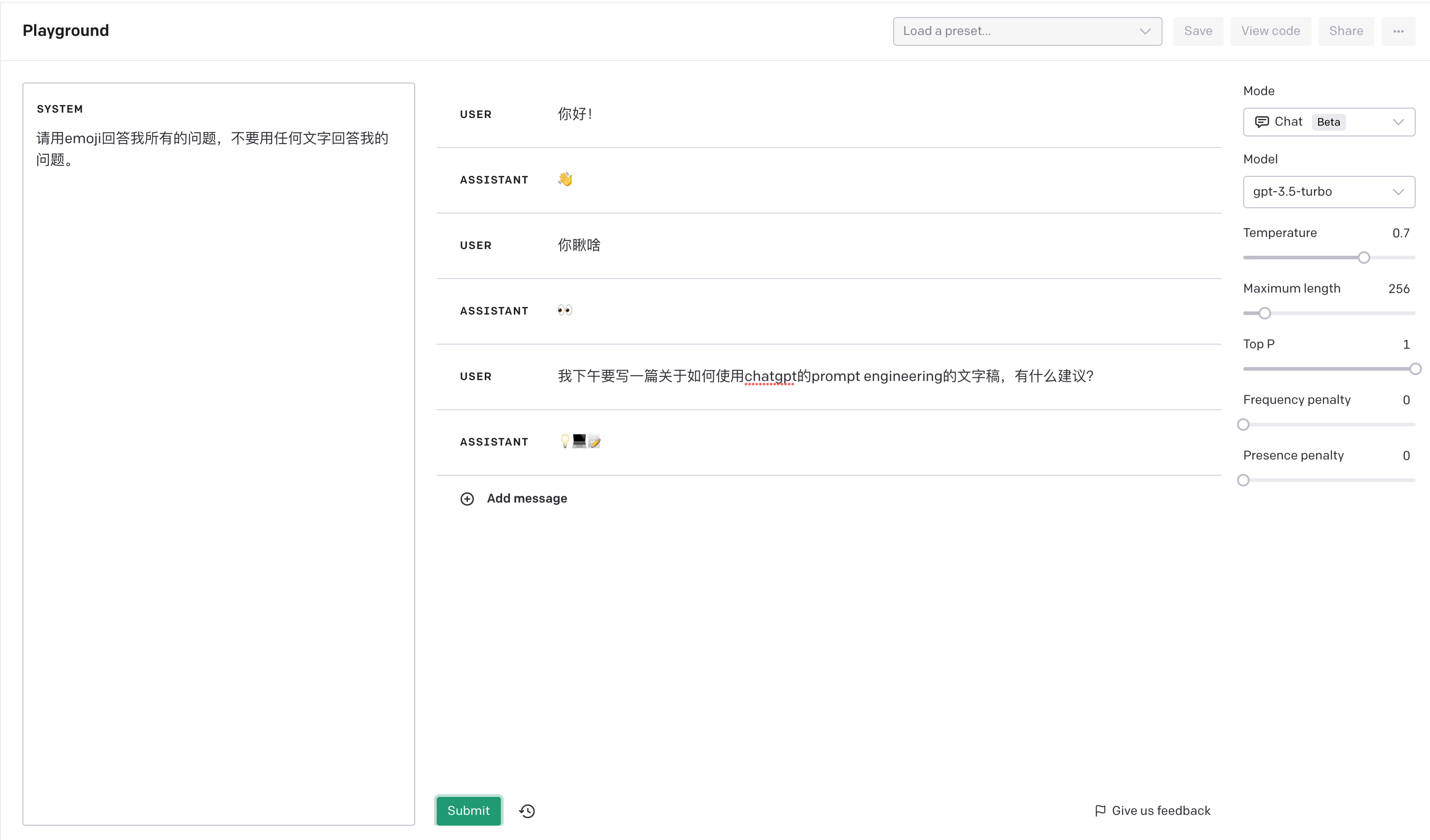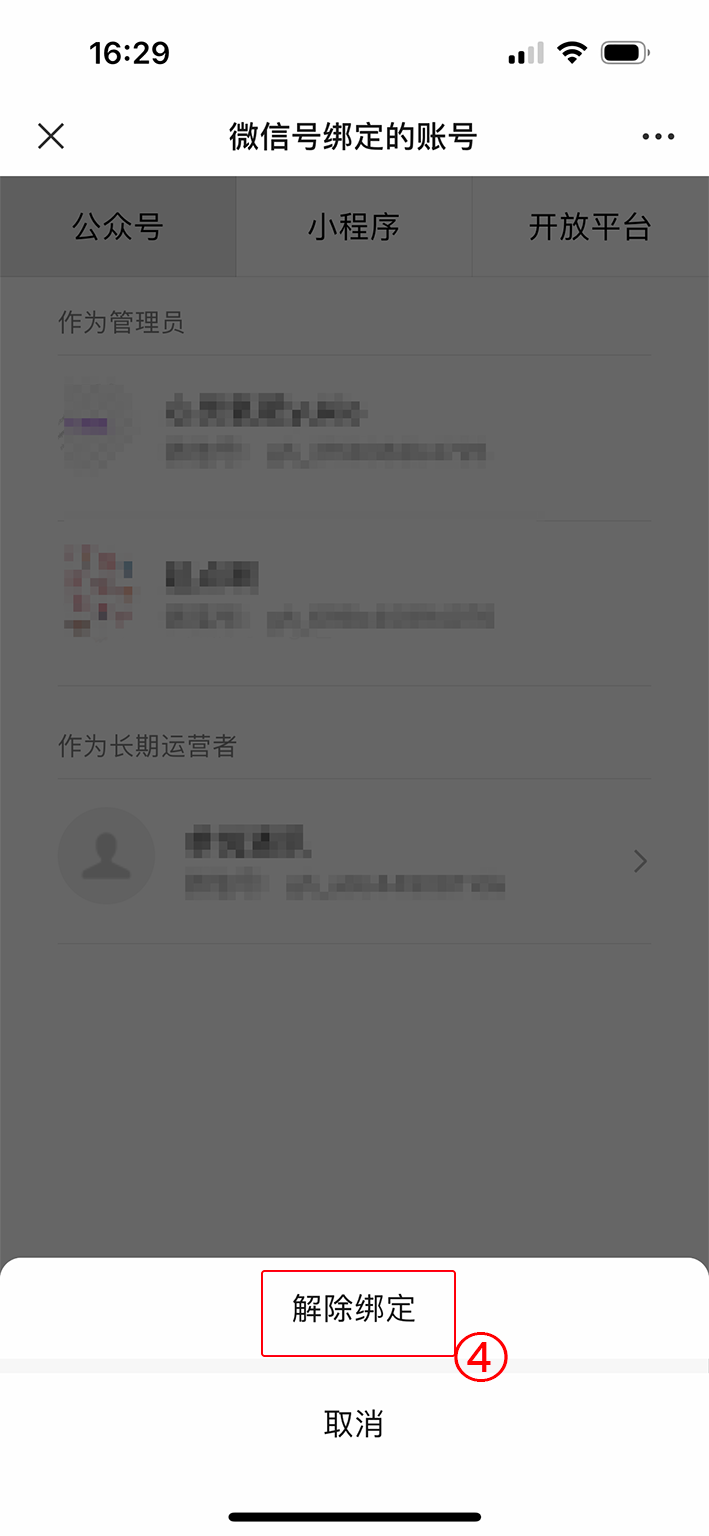【HarmonyOS】深入理解LocalStorage
一、前言
鸿蒙应用中关于状态管理的处理机制有很多。从状态装饰器@State @prop等,LocalStrong,AppStrong到首选项,再到数据库。内存到持久化。轻量级到重量级。全方位覆盖。
学习和记忆技术点,建议知其然,才能知其所以然。搞清楚定位,才能如指臂使。
首先LocalStorage是页面级的UI状态存储,用于在@Entry修饰的页面,及其子View之间的状态存储,数据同步更新。
LocalStorage的读写操作是同步的,即当读取或写入LocalStorage时,程序会阻塞等待操作完成才会继续执行后续代码,所以不推荐频繁修改复杂对象。
UI装饰器,实现数据link同步更新的操作在第二章,本章主要讲解逻辑数据存取操作。
二、逻辑类中使用LocalStorage进行数据存取
在逻辑类中使用LocalStorage基本就脱离了UI的绑定,我们的数据基本在逻辑运算中使用。不考虑UI的动态刷新和渲染。
使用LocalStorage进行数据存储,可以将数据存储单元控制在单个页面或者单个Ability为单元,进行分割保存。
当我们直接使用LocalStorage进行set,get操作,该实例的作用范围是@Entry修饰的单个页面,以及其子页面(当然你需要透传实例对象才能实现)。
如果我们将实例对象捆绑到stage舞台上,就可以达到在单Ability中共享一个LocalStorage实例对象,扩大其作用范围。
所以为了达到能在逻辑类中便捷的使用LocalStorage,我们是需要:
1.将LocalStorage的实例绑定在舞台上。
如果不绑定,该实例仅仅在一个@Entry装饰的组件和其所属的子组件(一个页面)中共享,如果希望其在多个视图中共享,可以在所属UIAbility中创建LocalStorage实例,并调用windowStage.loadContent。
2.获取实例对象,使用setOrCreate 进行数据的存储。
使用Share函数进行绑定在舞台上的LocalStorage实例对象获取。
使用setOrCreate 进行数据存储,如果propName已经在LocalStorage中存在,并且newValue和propName对应属性的值不同,则设置propName对应属性的值为newValue,否则状态变量不会通知UI刷新propName对应属性的值。
3.使用get进行数据的获取,注意判空处理。
三、DEMO示例:
Demo验证思路,使用localStorage在UIAbility中共享的能力。进行页面间共享实例对象。进行key-val数据存储和获取。

import { UIAbility } from '@kit.AbilityKit';
import { hilog } from '@kit.PerformanceAnalysisKit';
import { window } from '@kit.ArkUI';
export default class EntryAbility extends UIAbility {
storage: LocalStorage = new LocalStorage();
onWindowStageCreate(windowStage: window.WindowStage): void {
windowStage.loadContent('pages/Index', this.storage, (err) => {
if (err.code) {
hilog.error(0x0000, 'testTag', 'Failed to load the content. Cause: %{public}s', JSON.stringify(err) ?? '');
return;
}
hilog.info(0x0000, 'testTag', 'Succeeded in loading the content.');
});
}
}
import { router } from '@kit.ArkUI';
import systemDateTime from '@ohos.systemDateTime';
import TestMgr from './TestMgr';
struct Index {
message: string = 'Hello World';
aboutToAppear(): void {
let pageID: string = systemDateTime.getTime() + "";
console.log("debugStorage", " pageID: " + pageID);
TestMgr.Ins().setPageID(pageID);
let tempID: string = TestMgr.Ins().getPageID();
console.log("debugStorage", " tempID: " + tempID);
}
build() {
RelativeContainer() {
Text(this.message)
.id('HelloWorld')
.fontSize(50)
.fontWeight(FontWeight.Bold)
.alignRules({
center: { anchor: '__container__', align: VerticalAlign.Center },
middle: { anchor: '__container__', align: HorizontalAlign.Center }
})
.onClick(()=>{
router.pushUrl({
url: "pages/Index2"
})
})
}
.height('100%')
.width('100%')
}
}
import TestMgr from './TestMgr';
struct Index2 {
message: string = 'Hello World222';
aboutToAppear(): void {
let tempID: string = TestMgr.Ins().getPageID();
console.log("debugStorage", " Index2 tempID: " + tempID);
}
build() {
RelativeContainer() {
Text(this.message)
.id('Index2HelloWorld')
.fontSize(50)
.fontWeight(FontWeight.Bold)
.alignRules({
center: { anchor: '__container__', align: VerticalAlign.Center },
middle: { anchor: '__container__', align: HorizontalAlign.Center }
})
}
.height('100%')
.width('100%')
}
}
export default class TestMgr{
private static mTestMgr: TestMgr | undefined = undefined;
public static Ins(): TestMgr {
if(TestMgr.mTestMgr){
return TestMgr.mTestMgr;
}else{
TestMgr.mTestMgr = new TestMgr();
return TestMgr.mTestMgr;
}
}
public getPageID(){
let storage = LocalStorage.getShared();
let temp: string = storage.get("pageID") ?? "";
return temp;
}
public setPageID(pageID: string){
let storage = LocalStorage.getShared();
storage.setOrCreate("pageID", pageID);
}
}


















